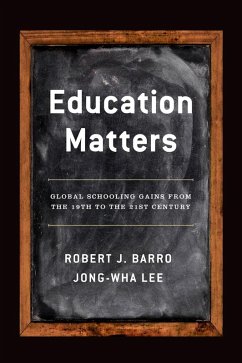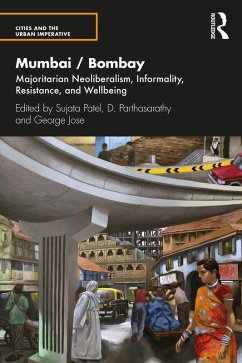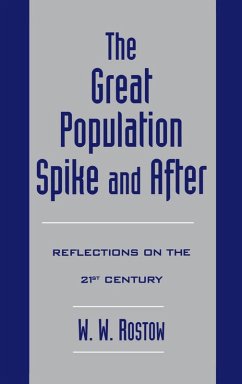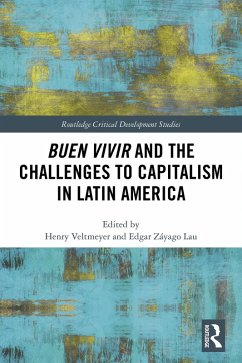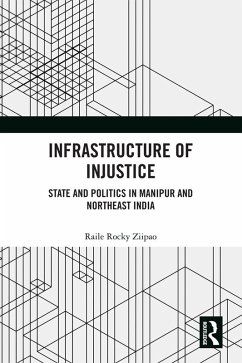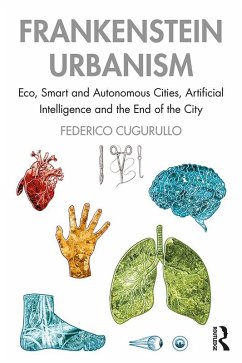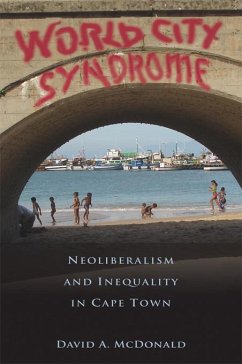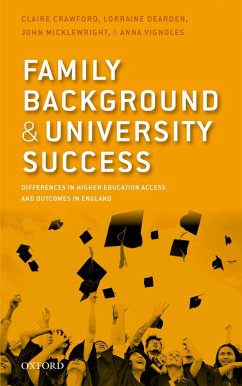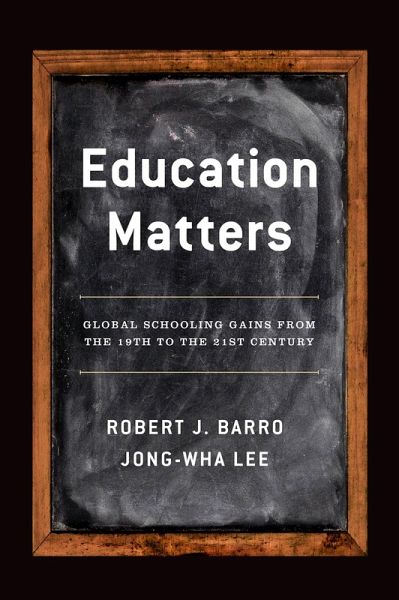
Education Matters (eBook, PDF)
Global Schooling Gains from the 19th to the 21st Century
Versandkostenfrei!
Sofort per Download lieferbar
24,95 €
inkl. MwSt.
Weitere Ausgaben:

PAYBACK Punkte
12 °P sammeln!
Education has significant and far-reaching effects not only on individuals, but also on the societies in which they live and to which they contribute. The education level of a population affects how a country supports itself and others and the degree to which it can participate in the global field. While everyone from politicians to policymakers to celebrities has stressed the importance of education, there has not been-until now-a vigorous yet comprehensible examination of data to support what has long been common knowledge: education matters. In Education Matters: Global Gains from the 19th ...
Education has significant and far-reaching effects not only on individuals, but also on the societies in which they live and to which they contribute. The education level of a population affects how a country supports itself and others and the degree to which it can participate in the global field. While everyone from politicians to policymakers to celebrities has stressed the importance of education, there has not been-until now-a vigorous yet comprehensible examination of data to support what has long been common knowledge: education matters. In Education Matters: Global Gains from the 19th to the 21st Century, renowned economists Robert Barro and Jong-Wha Lee present a revolutionary new data set on education in 146 countries since 1870 and projected through 2040. With case studies from the United States, China, and Korea, Barro and Lee evaluate schooling both quantitatively and qualitatively, and assess the role of education in economic and political development. In this comprehensive study, the authors establish the critical role that education plays - particularly for women and girls - in economic growth, fertility, and democracy. The book also addresses sensitive and controversial topics, such as international disparities in education, and the role of education in modernization and development. Both challenging and enlightening, Education Matters has exciting implications for the future of education and promises to be a ground-breaking work in the fields of economics and educational attainment. Engaging and informative, Education Matters is a compelling read for students, scholars, and anyone with a passion for education.
Dieser Download kann aus rechtlichen Gründen nur mit Rechnungsadresse in A, B, BG, CY, CZ, D, DK, EW, E, FIN, F, GR, HR, H, IRL, I, LT, L, LR, M, NL, PL, P, R, S, SLO, SK ausgeliefert werden.




